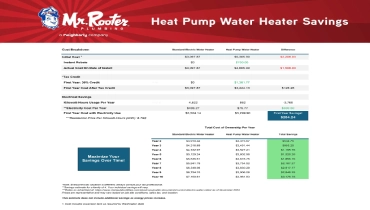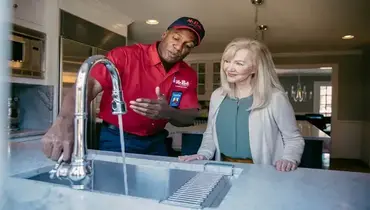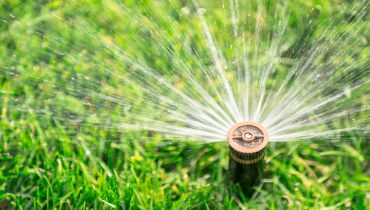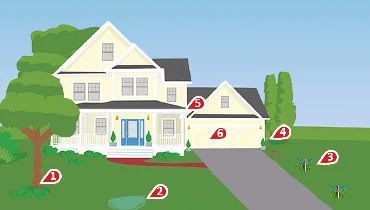If you live or have visited Vancouver, Washington, you know our city is blessed with beautiful mature trees and lush greenery.
Learn moreOur Vancouver WA Plumbing Blog
Shared Resources for Your Home Needs
All Blogs
If you're a homeowner in Vancouver, WA looking to reduce your energy bills and make your home more efficient, a heat pump water
Learn moreThe end of summer is quickly approaching, which means now is a great time to tackle any lingering plumbing issues before Fall arri
Learn moreSpring in the Vancouver, WA provides plenty of sunshine, which makes it a great time to get outside and check in on your outdoor p
Learn moreWhen leaving for vacation, every homeowner wants to come home to zero issues. That’s why it’s important to prepare you
Learn moreBlog Categories
Let Us Call You
Blog Categories
About Mr. Rooter Plumbing

Since the original Mr. Rooter was founded in 1970, the company has remained committed to a set of core values that are rooted in performing quality work at honest prices. Nearly half a century later, the original Mr. Rooter business is still servicing homes and businesses in and around Oklahoma City. It’s still independently owned and operated with strong ties to the community that made it all possible.



